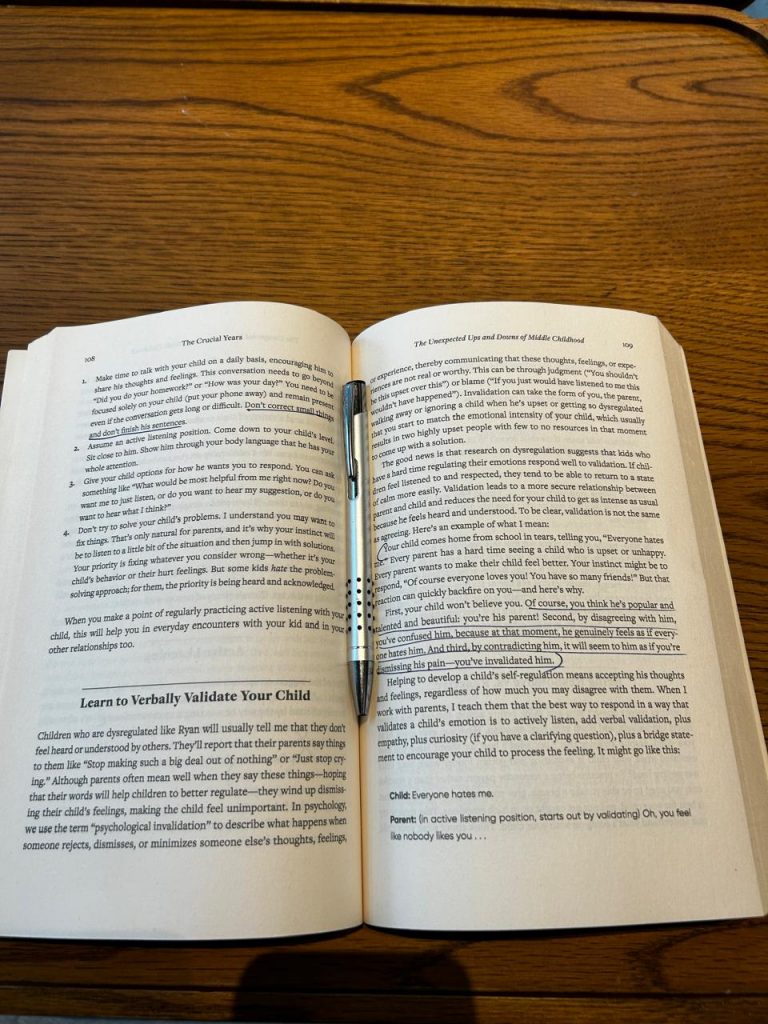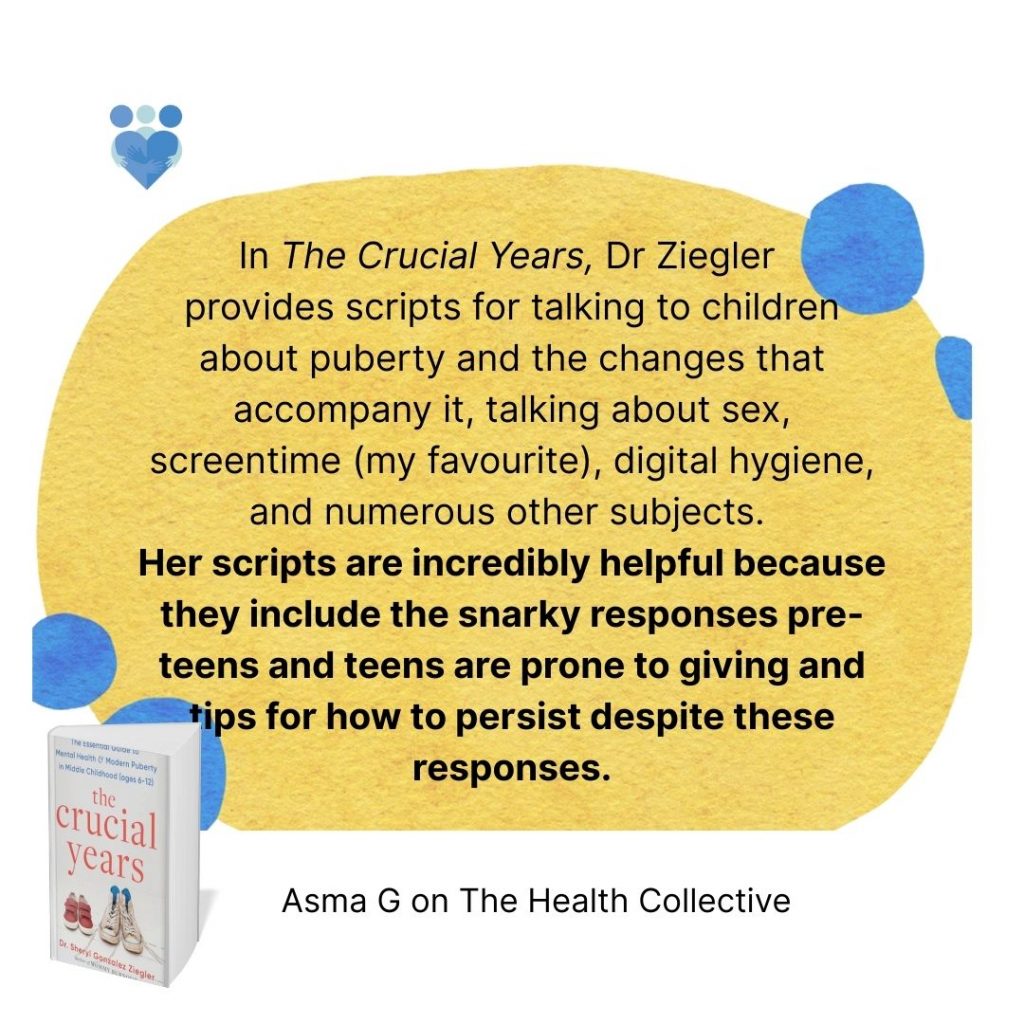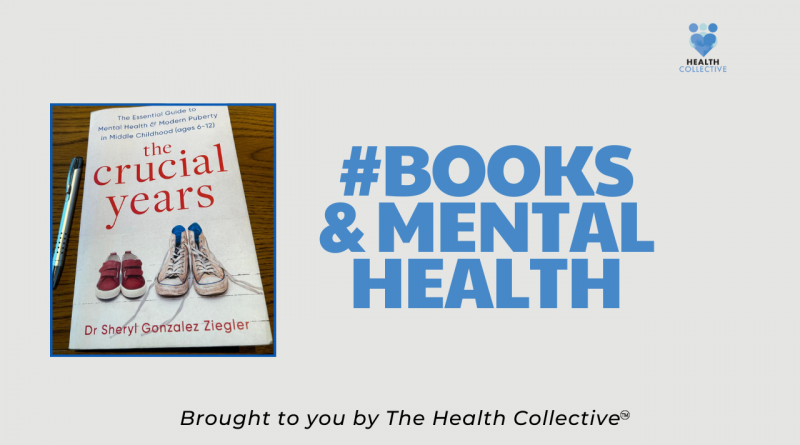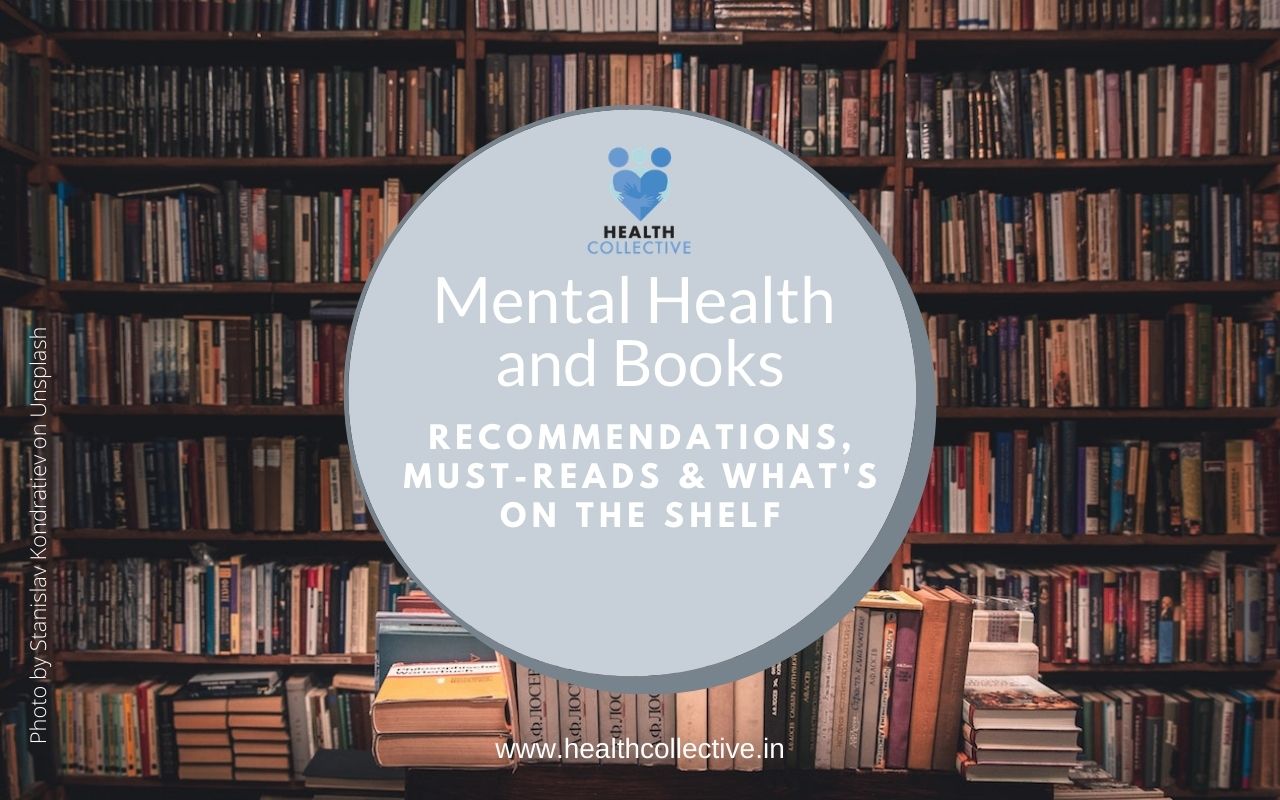Book Review: The Crucial Years
By Asma G
As a 30-year-old raising my 13-year-old nephew, I like to believe that I’m fairly clued in to how things are for teens nowadays. Call it what you want – wishful thinking or a coping mechanism to deal with the constant disagreements I have with my nephew about his supposed right to unlimited screentime as a teenager – it works. Or at least it did until I noticed a signboard at his school declaring it a vape-free campus. I was horrified; it hadn’t even occurred to me that young kids like my nephew are vaping. Vaping didn’t exist when I was in school. Honestly, I still don’t completely understand how vapes and e-cigarettes work!
I picked up The Crucial Years by Dr Sheryl Gonzalez Ziegler recently and the book has been a revelatory read. Dr Ziegler is a clinical psychologist with over 20 years of experience working with families in her private practice.
The premise of Dr. Ziegler’s book is that middle childhood (i.e. ages 6-12) is a crucial time in children’s lives that often goes unnoticed because parents tend to focus on the pre-school and high school years without realising that middle childhood is a formative period for children.

Dr Ziegler explains how the onset of puberty is earlier than in decades prior, often resulting in parents being caught unprepared and unsure of how to support their children and educate them about the changes happening in their bodies.
Add to this the fact that children have access to devices from a very young age, are exposed to influencers, social media, drugs, alcohol and cigarettes at younger ages than ever before, and you have the perfect storm.

If I’m being perfectly honest, I found myself quite overwhelmed while reading parts of the book, horrified by aspects of my teenage ward’s life that I had never thought to check up on and address. I felt like avoiding reading certain parts of the book, reasoning that if I didn’t know the perils that lay ahead, I wouldn’t need to address them. I took numerous breaks while reading to help me power through chapters I wanted to avoid. I had to remind myself that reading the book and being aware of possible issues my nephew might face was a big step in the right direction.
In The Crucial Years, Dr Ziegler provides scripts for talking to children about puberty and the changes that accompany it, talking about sex, screentime (my favourite), digital hygiene, and numerous other subjects. Her scripts are incredibly helpful because they include the snarky responses pre-teens and teens are prone to giving and tips for how to persist despite these responses.
She also writes about helping children self-regulate, the impact of parental pressure (especially important for Indian parents!), bullying, school avoidance, academic pressure and burnout.
Some important tips from the book are:
- Prepare girls for periods by giving them a “period pouch” containing deodorant, a pad, an extra pair of underwear, and a liner along with some candy for comfort.
- Avoid using euphemisms for menstruation.
- The more awkwardness your child senses in you while speaking about puberty, the more they will feel that there is something embarrassing and shameful about puberty.
- Girls can be sensitive about their fathers knowing that they’ve gotten their periods. Fathers should show that they are comfortable with this and can provide a quiet acknowledgement of this milestone. Girls shouldn’t feel awkward telling their fathers they are out of pads, or that they are having cramps.
- A dysregulated adult cannot regulate a dysregulated child. If you yell at your child, correct yourself in the moment and focus on returning to a place of calmness.
- Tear and repair – when parents cause a tear in the relationship with their child by yelling, shouting etc., they need to make a repair which can take the form of an apology.
- Help children build a vocabulary for their feelings and emotions. If you can’t name a feeling, you can’t identify it and you cannot manage it productively.
- Get ready to go from the director of your child’s sports choices, activities, or relationships to a supportive guide.
- Serve as your child’s guide and support system, not his drillmaster.
- Stop commenting on children’s bodies!
The Crucial Years is a great book to read if you have a child in middle childhood or even a teenager in your life. Dr Ziegler’s inclusion of her own experiences with her clients who are children provides immense value to the book. Parents and guardians like myself are often completely unaware of what’s happening in their child’s life. Sometimes, they have an inkling that something is off but don’t choose to follow it up until it’s too late.
Children nowadays are growing up in an environment that is unfathomable to us, adults. I used Snapchat as an adult, in my 20s, not when I was barely a teen. I also used filters only in my early 20s, by which time I was old enough to realise that they were impacting my mental health negatively. Children nowadays don’t have that privilege. They are growing up in a time of immense change. The internet is here to stay. It is up to parents to equip themselves with information and tools to protect and support their children.
In case it’s helpful as a Content warning: The book does contain mentions of mental illnesses and symptoms including eating disorders, depression, self-harm, and other conditions.
About the Author: Asma G is a feminist writer with an interest in public policy and mental health. You can read more of her pieces right here, and find her on Instagram at @asmag7
Latest Posts on The Health Collective:




